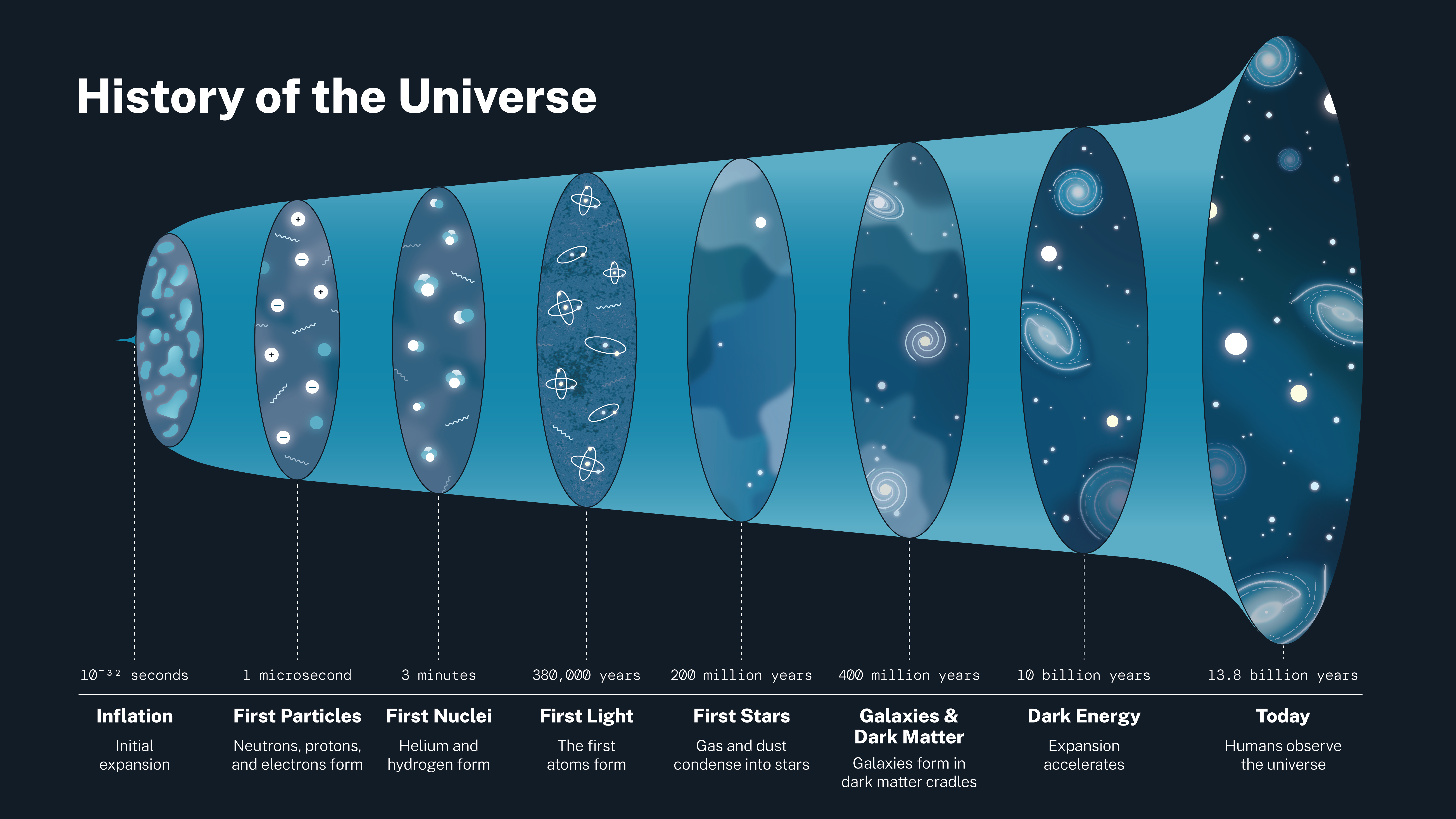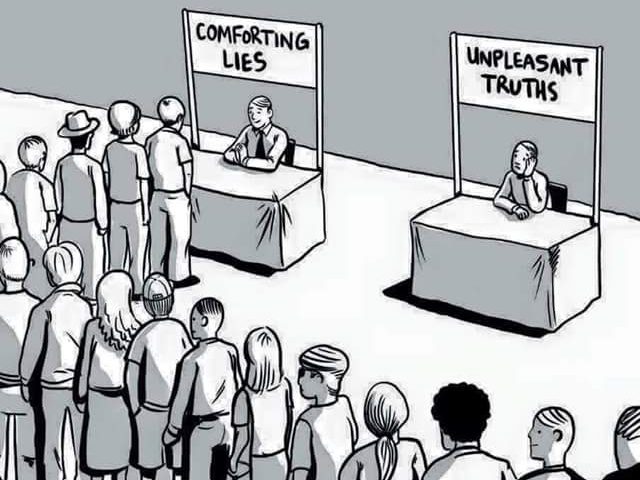First, I’ll present some introductory notes that are helpful here.
Let’s begin with the obvious. The existence of a god type entity (however this may be defined) is an unanswered question. I cite as evidence, the fact that if a proper, rigorous answer had been found, said answer would now be part of our mainstream body of knowledge, and no one taking part in serious discourse on the matter would be arguing against that answer, be that answer positive or negative.
Likewise, anyone who does succeed in providing a proper, rigorous answer (as opposed to vacuous apologetics), will become global headline news overnight, have prestigious peer reviewed journals scrambling to be the first to publish the data, and be a guaranteed Nobel candidate. That this has not happened should, of course, be suitably informative.
The big problem, of course, is that progress with respect to this question has been made far more difficult than it should have been, courtesy of the activities of authors of various mythologies, and adherents to said mythologies. Whose response to being asked pertinent questions has ranged from summary dismissal, through duplicitous apologetics, to outright homicide.
Of course, none of the output from the mythological sector has ever consisted of anything other than blind assertions, presented as purportedly constituting fact. In accordance with the rules of proper discourse, which places such assertions in the meaningless and epistemologically useless limbo of “truth value unknown”, said assertions can simply be discarded with the same absence of effort that was exerted in presenting them.
But, matters are even worse for the mythological sector, as follows. Namely, any entity that is asserted to possess contradictory or absurd properties can be safely dismissed on those grounds without further ado. This, unfortunately for the mythological sector, applies to all of their various asserted cartoon magic men, which can therefore be swept away wholesale, in accordance with the requirements of discoursive rigour.
Of course, as I have stated here in the past, this does not provide a complete answer to the question, it merely eliminates ridiculous candidates for the “god role”, as it were.
But, what about candidates that aren’t ridiculous?
The problem here, of course, is that the mythological sector has, in the duplicitous fashion typical thereof, crowded out any attempts to construct such candidates, with mendacious attempts to force their choice of ridiculous cartoon magic man upon the rest of us. However, since the aetiology thereof is known, and we can simply ignore them for the purpose of this discourse, the main question is temporarily put on hold, while we try to determine the nature of a plausible candidate for the “god role”.
I would posit that the first requirement, is that such a candidate be one that does not arise from a mythology. Mythologies, as has been noted above, are notorious for containing fanciful and at times farcical fabrication. They are also notorious for containing exhortations to treat critics of said fabrication in a hostile manner.
Instead, we should ask ourselves, what does our knowledge (now substantial) of the nature of observational reality tell us?
It tells us that certain constraints exist upon the behaviour of entities. Blindly asserting that a plausible “god candidate” is magically exempt from such constraints, merely brings us back to mythological fabrication, and is to be rejected. It may be the case, that the candidate may have somewhat more latitude of action than us, but that latitude itself will still be bounded. The reason I propose this, arises from recent developments in cosmological physics, which increasingly points to the origin of the universe being grounded in testable natural processes, said processes themselves subject to constraints.
As a corollary, any entity purported to be responsible for instantiating the observable universe in its current observable form, is required to use those testable natural processes. Magic is out of the question. How said entity achieves this we shall leave aside for the moment, but in a universe where testable natural processes enjoy massive evidential support, and magic is completely bereft of support, we require our plausible “god candidate” to be either consonant with known physics, or to provide consistent extensions thereto.
At this point, I shall briefly remark that our “candidate” need not necessarily be in the singular. More upon this shortly. But let us move on.
I provided some speculations on the matter, in my thread on braneworld cosmology, where I covered the work of Paul Steinhardt and Neil Turok, two of our leading cosmological physicists. That thread, I admit, constitutes heavy reading, but I urge readers of this post to persevere with the contents, so that when they reach this post, they are ready to understand the ideas presented therein, which, once again, I freely admit constitute speculation, but which are honestly presented as such.
In that post, I put forward the idea that it may, at some point in the future, be possible to conduct direct experimental tests of cosmological models, and that such tests could lead to the scientists and their apparatus being, in effect, universe creators as a result of performing those experiments. If one chooses to use the criterion of universe creation as a defining characteristic of a “god”, then we have, in this scenario, the interesting situation in which those scientists and their laboratory apparatus, together constitute the “god” of that laboratory generated universe.
Of course, inhabitants of the mythological sector will immediately erupt into predictable howls at this point. A committee of scientists twiddling the settings of a laboratory machine, does not satisfy their emotional need for a magic entity that shares their desires (particularly their hatreds in the case of some). But, wouldn’t it be deliciously ironic, if instead of, for example, a Bronze Age magic man with a penchant for sadism, misogyny and mass murder, the “god” of our universe was a bunch of scientists belonging to some suitably intelligent species, putting their cosmological models to the test?
I’ve added some other amusements to that speculative post linked to above, which should result in much merriment among those who are tired of mythology driven mischief in the arenas of discourse, policy formation and implementation. I suspect those persevering with my offerings both here and in that other thread, will regard the effort as well expended, when they alight upon some of the suggestions I’ve made.
That you will never see thinking of this sort from the mythological sector, should be wonderfully informative with respect to the deficiencies thereof.
It remains to reinforce one final point. Namely, that while the speculations I’ve provided will doubtless provide a welcome relief from mythological dribblings, they will remain speculations, until we find a means of testing the ideas in question, and conduct the tests in question. But I suspect several here will welcome the opportunity to do just that, should the means become available.
![]()

